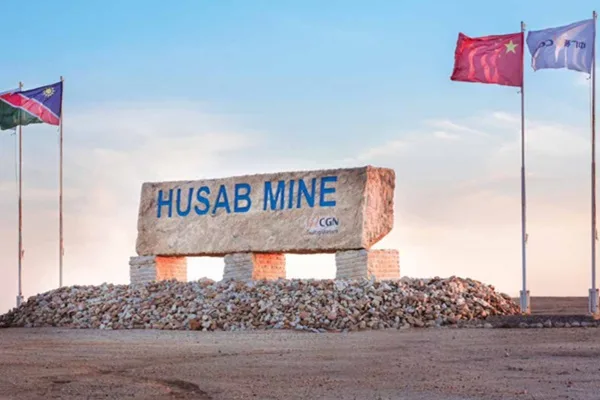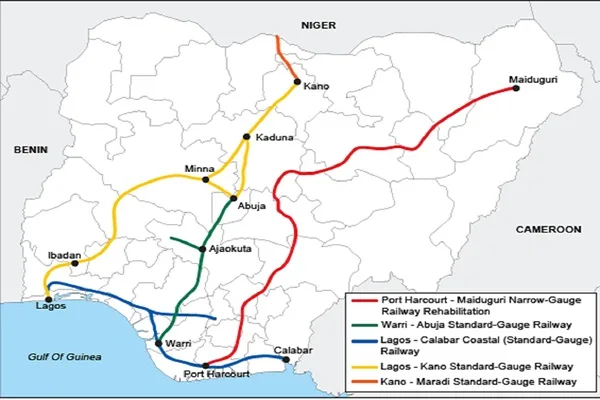Chinese FM Wang Yi’s Visit to Africa at Start of 2025 Rich in Symbolism
In line with a decades-long tradition, Chinese Foreign Minister Wang Yi undertook an African tour at the start of the new year from 5 to 11 January 2025. For this first diplomatic sortie of the year, the itinerary included Namibia, the Republic of Congo, Tchad and Nigeria, with a brief stopover in Sri Lanka.
Namibia is a supplier of uranium, while Nigeria is a producer of petroleum for China. Tchad is part of the Sahel region, where France is losing its historical foothold, and China sees an opportunity to strengthen relations. As for the Republic of Congo, it signed an MoU with China to build the USD 9.4 billion Sounda Hydroelectric Power Plant (#HPP) in 2024 and will play host to the next #FOCAC meeting.

According to the official narrative, China and Africa can build a ‘community with a shared future’ within the ’emerging multipolar world order.’ In that respect, FM Wang reiterated that Beijing is willing to work with Africa to implement the FOCAC Action Plan 2025-2027 agreed upon during the last Summit (#FOCAC2024) held in Beijing in September 2024.
The Chinese side highlighted the unwavering support of China towards Africa as 2025 marks 35 years of consecutive visits to Africa by a Chinese FM. Implicitly, China is sending a signal to Africa regarding its consistency compared to certain other countries. Even the term ‘all-weather friendship’ has been dusted out from the archives to jog the memory of Africans regarding the not-so-glorious colonial past of certain powers.
No new major deal was announced during Wang’s tour of Africa. The Chinese delegation did refer to the USD 50 billion financial package for Africa that had been pledged during the last #FOCAC Summit. FM Wang also underscored that RMB 1 billion (USD 136 million) had been earmarked for security cooperation and military aid.

Ahead of Wang Yi’s arrival in Nigeria, the China Development Bank (CDB) announced that it has approved the USD 255 million loan to finance a railway project linking the states of Kano and Kaduna The rail is 203 km long and is based on standard gauge railway (#SGR). The project is estimated at USD 973 million and China has pledged to offer up to 85% of the financing with the remaining 15% coming from the Government of Nigeria.
In 2020, Nigeria’s parliament approved a loan from China EXIM Bank but the Chinese bank eventually withdrew from the deal. China Civil Engineering Construction Corporation (CCECC) will implement the rail project which is branded as being part of China’s Belt and Road Initiative (#BRI).

